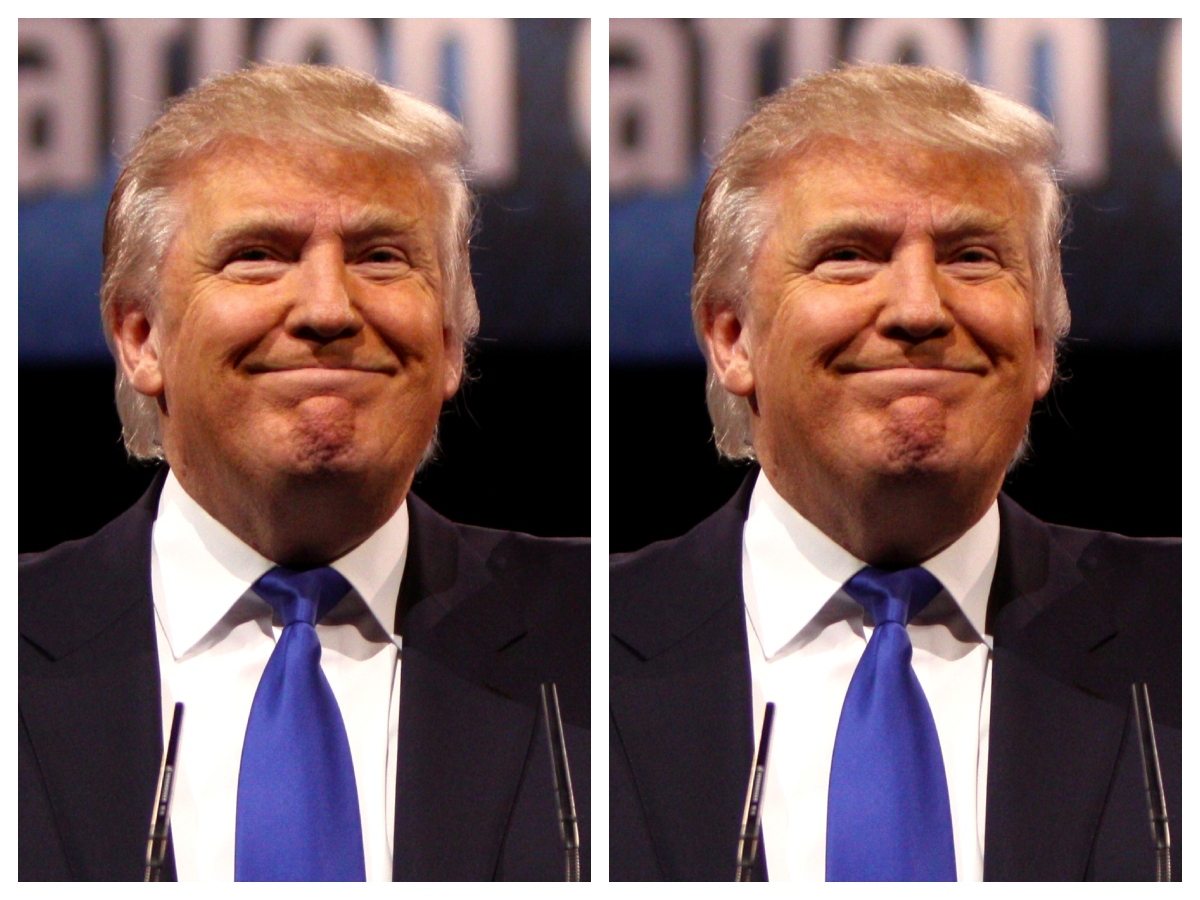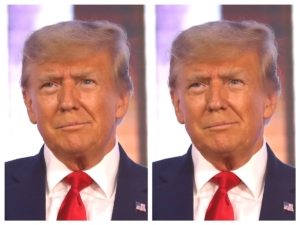President Donald Trump has taken the unprecedented step of canceling $4.9 billion in foreign aid already approved by Congress, using a rarely invoked maneuver that effectively sidesteps the legislative branch.
In a letter sent Thursday to House Speaker Mike Johnson, R-La., Trump invoked what’s known as a “pocket rescission.” The tactic allows a president to request that Congress not spend appropriated funds near the end of a fiscal year. If lawmakers run out of time to act within the 45-day window, the money expires unspent. It marks the first time in nearly half a century that a president has deployed the move. The fiscal year ends on September 30.
The White House Office of Management and Budget published Trump’s letter Friday morning on X, stating that the cuts would target the State Department and the U.S. Agency for International Development (USAID), a frequent focus of Trump’s campaign to slash foreign aid. Secretary of State Marco Rubio later declared on X that “USAID is officially in close out mode,” applauding budget director Russ Vought for overseeing the agency’s shutdown. “Russ is now at the helm to oversee the closeout of an agency that long ago went off the rails,” he wrote.
READ ALSO: Trump administration petitions Supreme Court to halt $12B in foreign aid payments
The funding package Trump seeks to cancel includes $3.2 billion in development grants, $520 million for the United Nations, $838 million for international peacekeeping, and $322 million earmarked for democratic programs abroad.
Watch a recent episode of The BreakDown podcast below and subscribe to our channel PanaGenius TV for latest episodes.
Critics in both parties swiftly challenged the legality of the maneuver. Sen. Susan Collins, R-Maine, said the Constitution “makes clear that Congress has the responsibility for the power of the purse” and warned that clawing back funds “without congressional approval is a clear violation of the law.” She added, “Instead of this attempt to undermine the law, the appropriate way is to identify ways to reduce excessive spending through the bipartisan, annual appropriations process.”
Senate Democratic Leader Chuck Schumer raised alarms that the move could destabilize the budget process and trigger “a painful and entirely unnecessary shutdown.”
Legal scholars have also questioned whether the Impoundment Control Act of 1974 allows the White House to unilaterally withhold funding. Georgetown law professor Eloise Pasachoff argued that Congress must act within 45 days for a rescission to take effect, writing last year that “this mandatory language admits no exceptions, indicating that Congress expects the funds to be used as intended before the end of the fiscal year if it does not approve the proposed rescission.”
A senior White House official, speaking anonymously to reporters, according to AP, declined to outline how far Trump might go in using pocket rescissions in the future but insisted the administration is confident the strategy would hold up in court. The official added that the goal was to make “the cleanest case possible for these types of clawbacks.”
The maneuver fits into a broader campaign by Trump to expand presidential authority at the expense of Congress and federal agencies. His administration has already imposed sweeping tariffs without congressional approval, fired large numbers of federal workers, and sought to limit the independence of institutions such as the Federal Reserve and the CDC.
READ ALSO: Divided appeals court backs Trump’s power to freeze billions in foreign aid
Trump has repeatedly pushed for deep cuts to foreign aid, framing them as a central policy achievement despite warnings that such reductions yield little deficit relief while undermining U.S. influence abroad. Earlier this year, the administration announced plans to eliminate nearly all USAID contracts and to wipe out $60 billion in overseas assistance. Remaining USAID programs have since been absorbed into the State Department.
The last comparable use of a pocket rescission came in 1977 under President Jimmy Carter, though experts note that Carter submitted his proposal well in advance of the 45-day deadline, unlike Trump’s end-of-fiscal-year play.
The Trump administration initially asked the Supreme Court to block rulings that had preserved some aid programs, including those for global health and HIV/AIDS, but withdrew the appeal on Friday following a favorable ruling from a lower court.
The New York Post first reported on Trump’s use of the pocket rescission.
READ ALSO: Supreme Court orders Trump administration to release frozen foreign aid










